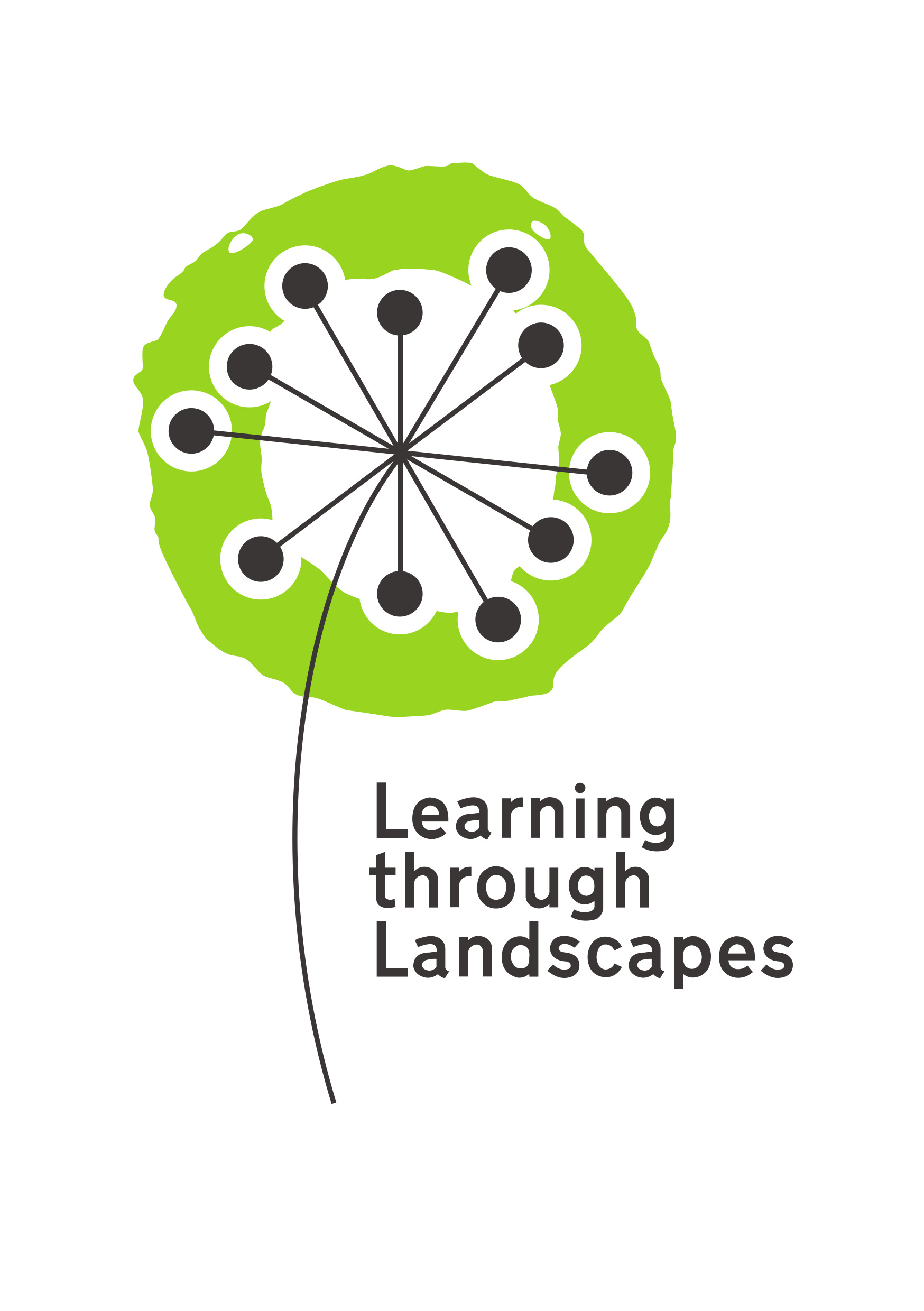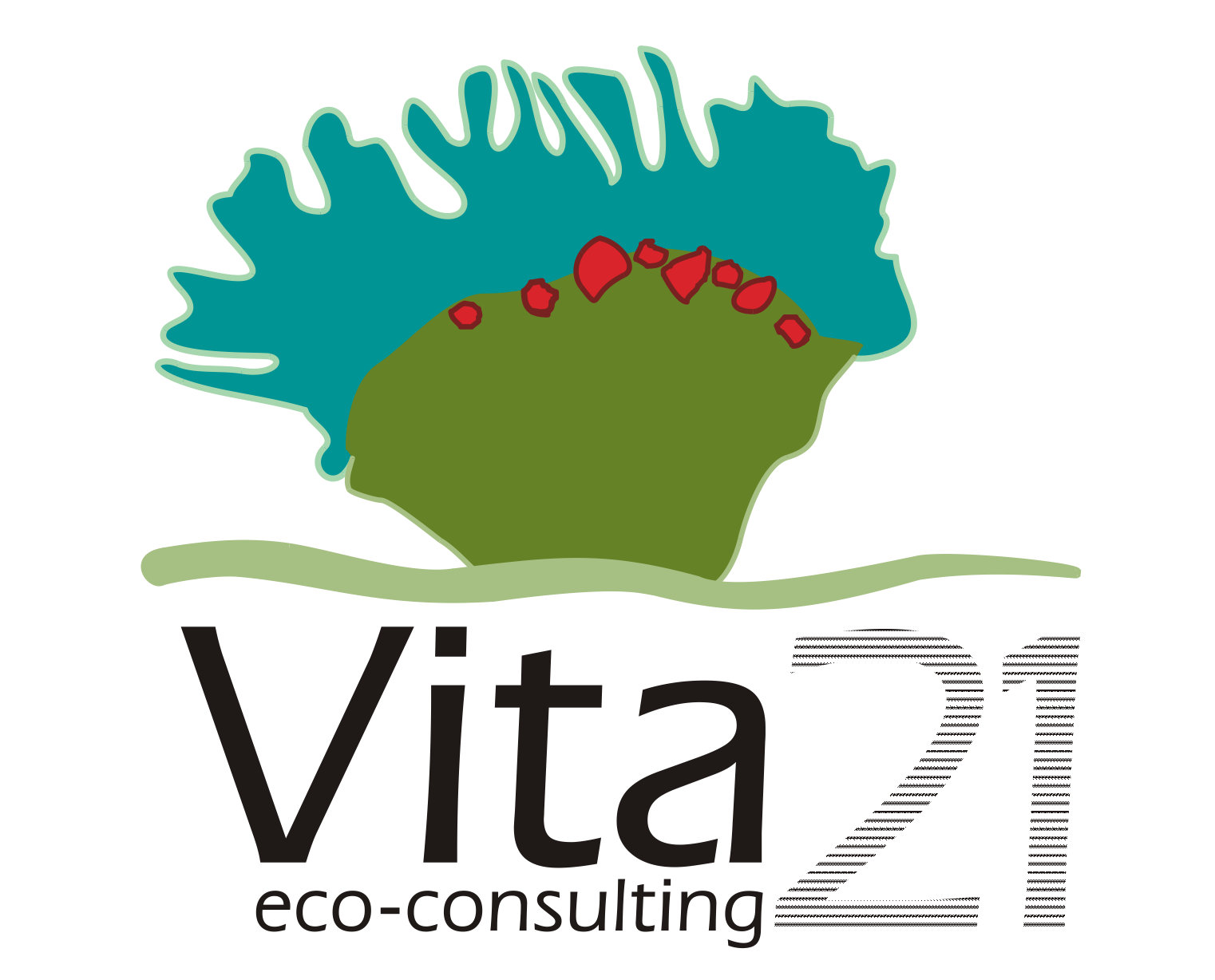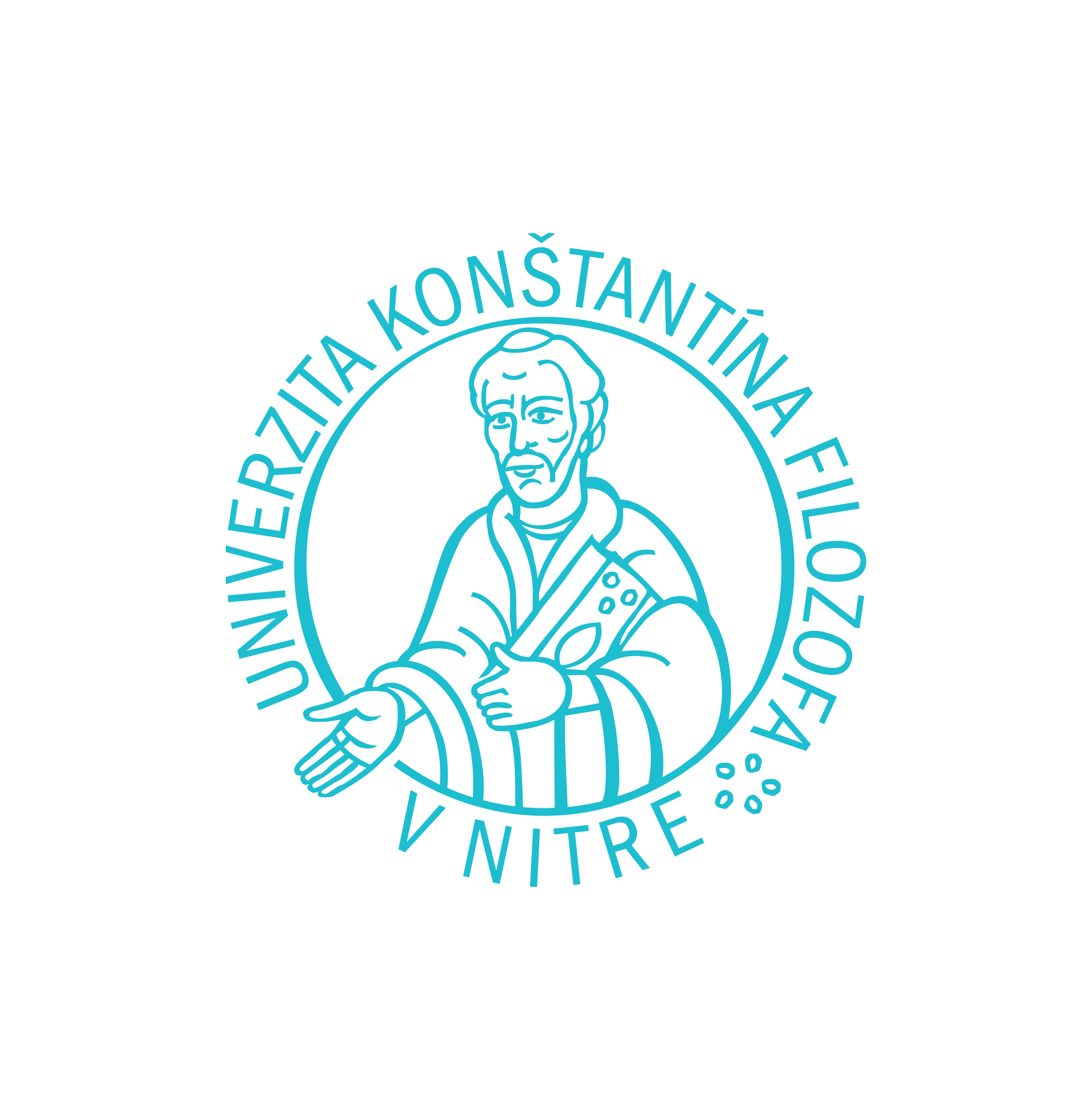BIOPROFILES

We believe in the power of change and that the best gift we can give to future generations, the most valuable legacy we can leave behind us is a world of educated and environmentally conscious people equipped with the sustainable attitude which is so sorely lacking today`s society.
Environmental education in Slovakia, and also in other European countries, doesn`t comply with its elementary mission and it`s more symbolical or theoretical than practical or real. Teachers in secondary schools should implement environmental education into daily education of general subjects, though they might be missing relevant skills, knowledge or, more often, motivation for environmental education.
The answer to this need was the ERASMUS + project “BIOPROFILES – Implementation of practical environmental education in schools”.
The project “BIOPROFILES – Implementation of practical environmental education in schools” was aimed at creating innovative materials for practical environmental education for the target group of teachers and students aged 10-15 years, which would lead to increased interest in the community life and the local environment.
The project aims at:
- supporting the professional development of teachers and their skills in active use and implementation of environmental topics into teaching,
- providing teachers of primary and secondary schools with innovative teaching materials, while integrating the practical environmental concept into the teaching process,
- delivering high-quality teaching and adopt a new student-centred method of research-based learning,
- increasing the environmental awareness of teachers and students through monitoring the local environment.
If you are looking for:
- complex teaching materials to support your environmental education,
- inspiration to provide practical real-life activities rather than formal and theoretical environmental education,
- ready-to-use materials for research-based learning, supporting critical thinking of students in the environmental context,
- possibility to attend a training programme for teachers in practice to gain skills and knowledge required for effective and practical environmental education,
- materials to increase the environmental awareness of your students through monitoring of local environment and motivating them to become active citizens,
project BIOPROFILES and its outcomes are just for you.
You can download the contract for this project here
The project BIOPROFILES – Implementation of practical environmental education in schools involved 6 partners from 4 countries operating in the field of environmental education – from the United Kingdom (Learning through Landscapes), Spain (VITA XXI), Italy (CNR-IBE) and from Slovakia (Tree of Life, Constantine the Philosopher University, INAK).
Learning through Landscapes, United Kingdom
It is a charity aimed at promoting learning and games for children outdoors, in nature. Learning through Landscapes vision is a society where the benefits of regular time outdoors are valued and appreciated, and outdoor learning, play and connection with nature is recognised as a fundamental part of education, at every stage, for every child and young person. Learning through Landscapes aim to enable children to connect with nature, be more active, and be more engaged with their learning.
More information: https://www.ltl.org.uk/
VITA XXI, Spain
VITA XXI is a micro consulting firm focused on education for sustainability, training, learning outside the classroom and environmental issues. Since 2007, VITA XXI has been working on European projects, mainly developing educational materials and Online Open educational resources for environmental education in several environmental fields. VITA XXI has also participated in several initiatives like DIF (Disruptive Innovation Festival), and use educational materials to promote the circular economy, cradle to cradle, biomimicry on international cooperation projects in EU and Latin America. VITA XXI believes in project-based learning and learning by doing outdoors on daily basis with the support of technological and digital media, respecting local wisdom and fostering better life for all.
More information: https://vitaxxi.com
CNR-IBE, Italy
The Institute of Bioeconomy (CNR-IBE) of the National Research Council of Italy is deeply involved in science dissemination at the local, regional, national and international level for more than 20 years, researching the following main thematic areas: biodiversity; climate, meteorology and oceanography; biotechnology, bioenergy; sustainable use of natural resources and ecosystem services.
In this period, CNR-IBE developed and applied teaching units and activities targeting teachers and students (10-18 years old) based on innovative learning methodologies, such as Inquiry-Based Learning, Intergenerational Learning, Learning in Natural Environment, and innovative tools like Location-Based Games, e-quiz, geographic information systems.
More information: https://www.ibe.cnr.it/en/
Tree of Life, Slovakia
Tree of Life (Strom života) is an educational non-profit organization focusing on environmental and outdoor education, inquiry-based learning, active lifestyle, and youth and children`s personal development. Their activities are based on more than 40 years of continual programming in all regions of the Slovak republic. Programs of the organization are implemented through these main activities:
- publishing children’s and youth magazines,
- year-round programs for schools, families and the broad public in an online Academy,
- various educational activities (expert training, workshops, field trips, seminars and conferences),
- volunteering programs for children, youth and adults.
More information:https://stromzivota.sk/
Department of Ecology and Environmental Science, Faculty of Natural Science, Constantine the Philosopher University, Slovakia
Department of Ecology and Environmental Science, FNS CPU in Nitra is focused on pregradual training of teachers of ecology, environmental science and environmental education from its foundation in 1994. Training of teachers is realized via the study program Teacher training studies in academic subjects in combination with ecology in two study levels: bachelor and master degree. The department has also an accredited bachelor’s, master and doctoral degree in the single-subject study program Applied Environmental Studies. In a research area, DEES contributes to the development and application of new methods in the fields of ecology and environmental sciences.
More information: http://www.kee.fpv.ukf.sk/index.php/sk/
INAK, Slovakia
INAK is an NGO that tries to do things DIFFERENTLY/“INaK“, if possible, „Innovatively and Creatively“. Our organization aims to support and develop innovative approaches, using creative methods in the educational process and whilst working with a variety of target groups – children, youth and adults. Our projects enhance lifelong learning and help to develop learners´ key competences. We try to implement our ideas and bring them into practice through local, national and international projects, usually in strong partnership with a variety of institutions. We focus mainly on the development of didactic materials, the running of educational training, as well as other activities from the field of innovative education. Through our activities, we aim to support the implementation of environmental education and outdoor learning into daily practice.
More information:www.trochuinak.sk






Reviewers of the created educational materials, as well as teachers and students using these materials in their activities, have given us amazing feedback, and here is just a taste of what they said:
„The content of the handbook is well processed, the text is written in an easy style, interesting to read and motivating for teachers. Although these are known facts, they are still processed from a different point of view, which I like. I also evaluate very positively the communication with the reader, in the text, also in the form of references to interesting websites and youtube videos. Suggestions for activities as well as “Did you know …” facts are interesting and very well processed. I believe that they will have a good response and will be used in the educational process, as well as in afterschool activities.“
Mária Bizubová, the University Teacher at Comenius University in Bratislava, Slovakia
„Our findings led us to healthy outrage, particularly after the research showed the damage the plastic is doing in nature.”
Michelle, teacher, Italy, practical quality monitoring of local environment on the topic: There is an alternative
„The water activity has been very interesting for students since they have worked in groups autonomously. The teacher was presented the activities little by little and guided the work but the students chose the work, they chose freely where they wanted to work, inside or outside the classroom, they went to look for the information. They have worked in a completely different way than they usually do and have been able to use some of the tools they have been learning all year.”
Javier, teacher, Spain, practical quality monitoring of local environment on the topic: Water retention ability of the landscape
„This project has been very rewarding for my students because, even if they are very exposed to news and theory about climate change, in Spain there is a lack of reflection on the consequences that climate change has in their daily lives, the impact these consequences have and what they can do to deal with this situation. Moreover, they needed some examples that could set them closer to solutions or actions that they can do every day, to help the environment and improve their actions, to prevent further damage.“
Ana, teacher, Spain, practical quality monitoring of local environment on the topic: Water saving
„The teachers suggested making an emotional map of the playground first since it is the most immediate outdoor place for our students. The emotional mapping activity was good as students could do it without a high knowledge of science issues.“
Ana-Maria, teacher, Spain, practical quality monitoring of local environment on the topic: Emotional map of public place
„The Acid Rain materials and worksheets are easy to understand and well arranged. They provide a sufficient amount of information.“
Gabriela, teacher, Slovensko, practical quality monitoring of local environment on the topic: Measuring the acidity of rain
„It was fine to follow their enthusiasm while they were working and brainstorming new ideas on how to reduce their overall environmental impact on the Earth.“
Ľuboslava, teacher, Slovensko, practical quality monitoring of local environment on the topic: Ecological footprint
„The Energy activity has been very interesting since it has allowed students to work with real data from their homes and the results they have obtained are of interest to the family budgeting.“
Javier, teacher, Spain, practical quality monitoring of local environment on the topic: Power consumption in STAND-BY mode
„Using the energy activities all the pupils have become aware of how easy it is to avoid having, devices in standby mode at home. This project has been very enriching for my students, they have learned how easily they can avoid unnecessary expenditure and even more importantly, how to avoid polluting the environment.“
Elena, teacher, Spain, practical quality monitoring of local environment on the topic: Power consumption in STAND-BY mode
„Our findings led us to healthy outrage, particularly after the research showed the damage the plastic is doing in nature.“
Michelle, teacher, Italy, practical quality monitoring of local environment on the topic: There is an alternative
„On the Greenspaces activity, the students learnt to work with google maps and realised that it has many more utilities than they knew. They had never made measurements with google maps, and they found it very entertaining and useful to see and be able to measure their town, streets and parks. They were challenged by changing units from square m to hectares. The essential thing is that they became aware of the need for green spaces and that we all have the responsibility to be very careful with them, for example, our school orchard. We have found it an interesting and enriching activity, especially because of the awareness of caring for and protecting the environment.“
Elena, teacher, Spain, practical quality monitoring of local environment on the topic: Real availability of public open areas
„The resources on the human environment provided are extensive for students of this age and so we adapted them for my students. After this project students understand the importance of being active citizens as well as the influence of the environment on our mood. Students have enjoyed the activity because of the innovative methodology. It is a practical case that allows them to verify with real data the impact that their activity has on the environment. They liked the fact that they could solve the problem by their means.“
Maria, teacher, Spain, practical quality monitoring of local environment on the topic: Population exposure to noise
„We liked the practical aspects, that is the measurements we made by ourselves because we felt like real researchers.“
student, 14 years
„We enjoyed the practical part of the project, setting the collecting station for rainwater, measuring the pH using the pH meter. We appreciated studying science, geography and English differently…less frontal and more interactive, even if geoscience lessons in English are less easy to understand.“
student, 14 years
“BIOPROFILES – Implementation of practical environmental education in schools”
The project is co financed by the European Union, ERASMUS+ programme.
Contract number: 2018-1-SK01-KA201-046312

